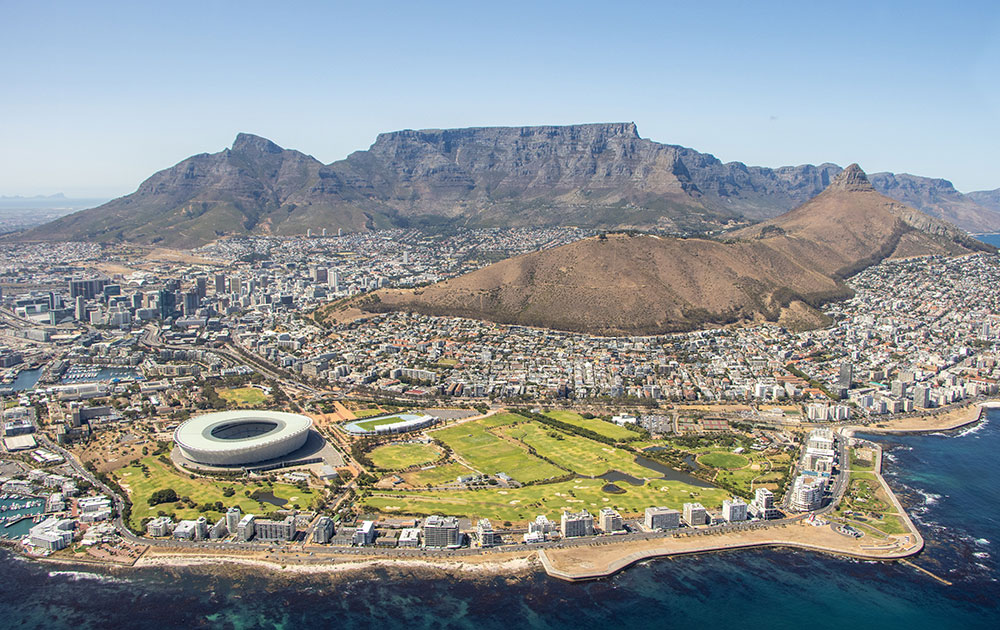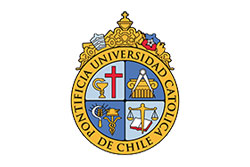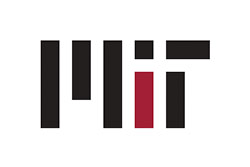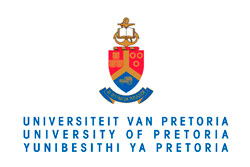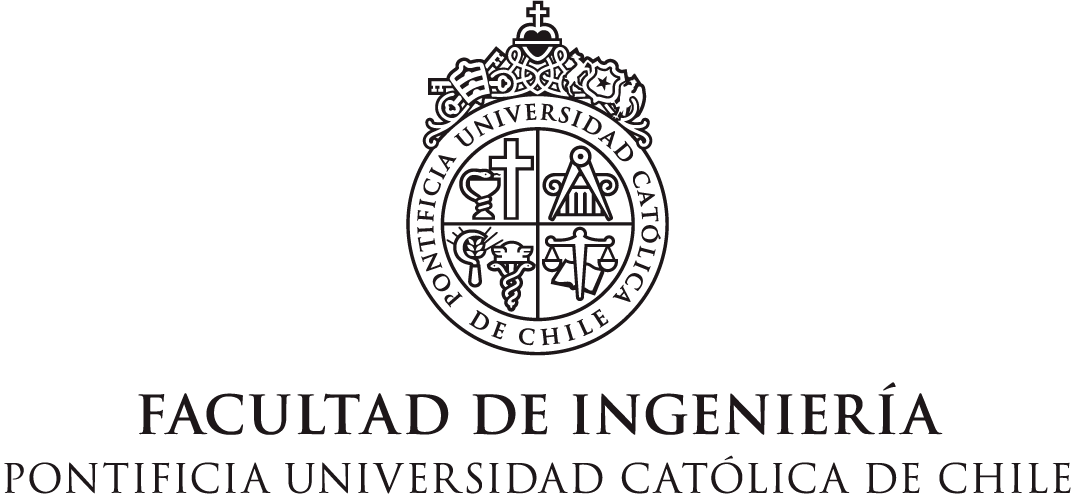In transit systems with high demand levels, the use of express bus services that serve only a subset of stops along certain routes would seem to be a promising alternative given the benefits they offer to both users and operators. For users, express buses mean improved service levels in the form of lower travel times due to fewer stops and higher between-stop speeds, while for system operators they enable demand to be met with fewer vehicles thanks to shorter bus cycles.
In this article we present a work aimed at designing an express service to operate over a given corridor in Santiago, Chile in conjunction to another one that would serve every bus stop on the corridor (i.e. an all stop service). To do so, we had access to origin destination trip matrices between bus stops during the morning peak, and the off peak periods. These matrices were used to construct diverse demand scenarios for the corridor based on our expectations of the change that the new express service would cause.
Based on the studied scenarios we propose two different express services, one for the peak hour and one for the rest of the day. Results suggest that implementing these services would reduce social costs when compared to a solution where the corridor is served by a single all stop line. Users that make long trips would be the most favoured from this decision. We also conclude that the longer the trips and the larger the demand, the higher the benefits obtained from operating an express service.
